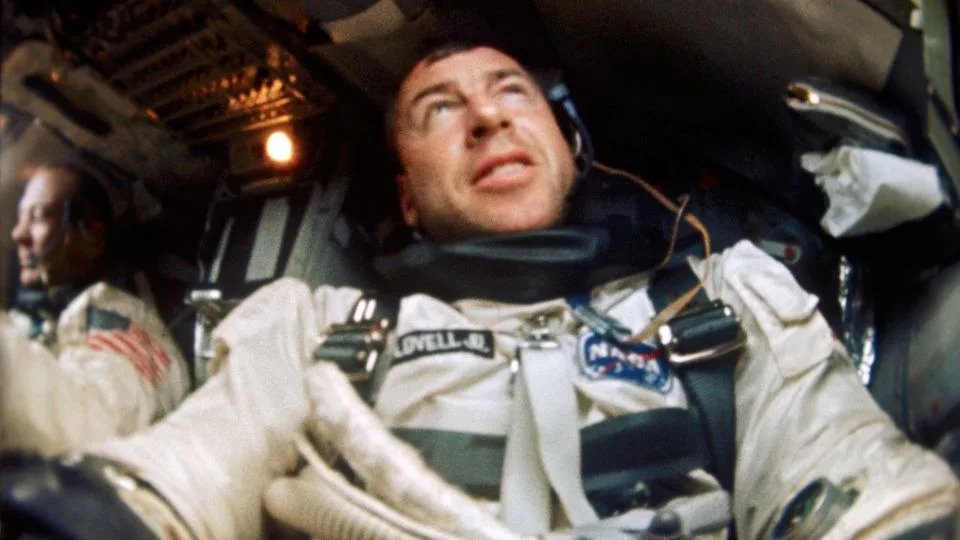James Lovell, Astronaut and Apollo 13 Commander, Dies at 97

Famed NASA astronaut James “Jim” Lovell, best known for commanding the perilous Apollo 13 mission that narrowly averted disaster in 1970, has passed away. He was 97 years old. According to a statement from NASA, Lovell’s death occurred on August 7th in Lake Forest, Illinois; the cause remains undisclosed.
In a family statement released shortly after his passing, Lovell’s relatives expressed profound sadness while celebrating his distinguished career as a US Navy officer and pioneering space explorer. They emphasized his role as “Dad, Granddad, and the Leader of our family,” highlighting his unwavering optimism and sense of humor that inspired them to believe in the seemingly impossible.
Prior to Apollo 13, Lovell had already established himself as an accomplished astronaut, participating in Gemini 7, Gemini 12, and the groundbreaking Apollo 8 missions, which provided the first human views of the lunar far side. Apollo 13 was intended to be NASA’s third successful crewed landing on the moon alongside astronauts John Swigert Jr. and Fred Haise Jr.. However, approximately 200,000 miles (322,000 kilometers) from Earth, an oxygen tank aboard the service module catastrophically exploded.
Lovell famously relayed the situation to mission control with the now-iconic phrase, “Houston, we’ve had a problem.” The resulting damage effectively crippled their power systems and life support, forcing the crew to abort the lunar landing and execute carefully calculated engine burns to redirect their trajectory around the moon and back towards Earth.
The subsequent three-day journey culminated in a dramatic splashdown in the South Pacific Ocean – an event widely regarded as a “successful failure” due to the crew’s safe return despite facing insurmountable challenges. The ordeal was later dramatized in Ron Howard’s acclaimed 1995 film, “Apollo 13,” where Tom Hanks portrayed Lovell and made a cameo appearance.
Lovell never personally set foot on the lunar surface, initially harboring disappointment over what he considered a missed opportunity. However, his perspective evolved with time as he recognized the monumental achievement of bringing the crew home safely.
Acting NASA Administrator Sean Duffy lauded Lovell’s “calm strength under pressure,” noting that it was instrumental in returning the Apollo 13 crew to Earth and influenced subsequent mission design. In later reflections, Lovell underscored the importance of proactive problem-solving rather than relying on chance occurrences during spaceflight. He likened his experience as Apollo 8’s navigator to a “mini Lewis and Clark expedition,” describing their mission’s unprecedented observations of the lunar far side.
Apollo 7 marked the program’s first crewed flight in October 1968, following the tragic loss of three astronauts during a launchpad fire earlier that year.









